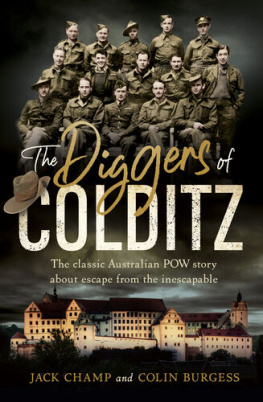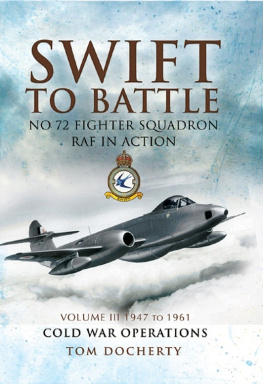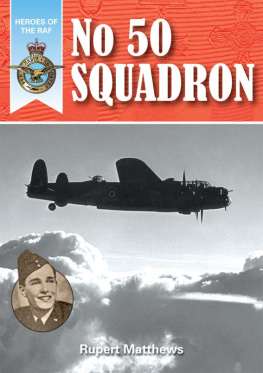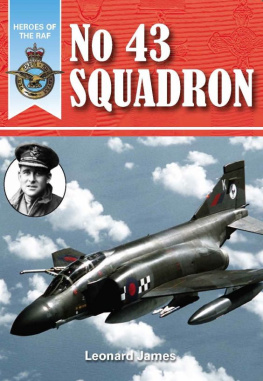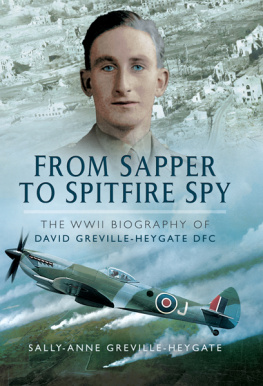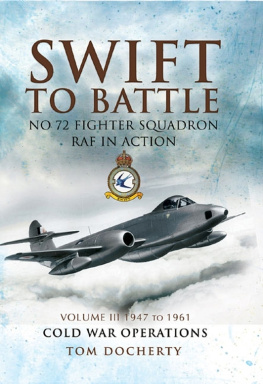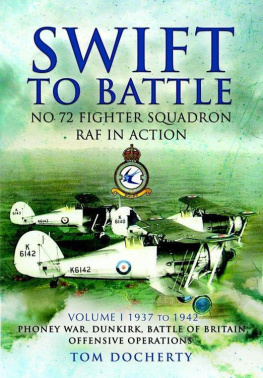EUMENES Publishing 2019, all rights reserved. No part of this publication may be reproduced, stored in a retrieval system or transmitted by any means, electrical, mechanical or otherwise without the written permission of the copyright holder.
Publishers Note
Although in most cases we have retained the Authors original spelling and grammar to authentically reproduce the work of the Author and the original intent of such material, some additional notes and clarifications have been added for the modern readers benefit.
We have also made every effort to include all maps and illustrations of the original edition the limitations of formatting do not allow of including larger maps, we will upload as many of these maps as possible.
THEY NEVER HAD IT SO GOOD
With the 350 th Bombardment Squadron (H)
th Bombardment Group (H) USAAF
19421945
JACK W. SHERIDAN
They Never Had It So Good was originally privately published in 1946 under the same title and with the subtitle: The Personal, Unofficial Story of the 350 th Bombardment Squadron ( H ) , 100 th Bombardment Group ( H ) USAAF, 19421945.
FOREWORD
This is the story of the 350 th Bombardment Squadron (Heavy) who, in company with the 349 th , 351 st , and 418 th Bombardment Squadrons, comprised the 100 th Bombardment Group (Heavy), United States Army Air Force, and who, in its time, did some of the work that brought Germany to her knees.
I was tempted at first to say that the story that follows is simply a story of a squadron, a story that must have been mirrored in the lives of thousands of persons in the Air Force all over the world. And yet, looking back over the years between, I know that is not quite right. Because the 350 th had something different.
It wasnt esprit de corps, because most units have that loyalty and pride and affection for their work and their accomplishments. It was something one cant exactly explain. A greater, more powerful love and pride in each other as men and because of it a fiercer, more deeply-rooted pride in their accomplishments and achievements. It was the affection they felt for each other that was greater than their achievements.
The story that is told here is my own attempt to tell of that life we had together. The achievements are all there; the missions, the heroisms, the honors. But they are only a part of the story. Because the real thing wasnt in the sky at all. It was in the Mess Halls, in the barracks, along the lanes, out on the fields of England. It was the things that happened on the ground that made the sky a natural path to triumph.
It is for all the men, the skymen and the ground men, that this book is written and it is to them that it is dedicated.
PART 1 May 1942 to May 1943
1
Along about May, 1942, while I was sitting at home waiting for the draft board to come along and claim its due, there were, scattered over the face of the United States, a number of people wearing the uniform of whom I had never heard; in whom I should not have been interested, should I have heard of them.
There was a young, twenty-three year old Lieutenant named Cleven, for example, stationed somewhere in the interior of California whose duty it was at that time to take other youngsters out on the dusty training fields to try and drill through their heads the rudiments of flying. In those days, just six months after Pearl Harbor, the rudiments were pushed in mighty fast and the job was an irksome one. Particularly, if, like the Lieutenant, you wanted to fly and not teach. Hed been flying for a couple of years himself. He had the makings for combat. A little on the dare-devil side, he took life pretty much as he found it. No drinking. No smoking. No chasing. Just flying. And he wanted action.
Over on the other side of the country, down in Florida, away down south near Tampa, at a place called MacDill Field, a few enlisted men and a couple of officers pulled guard duty and worked on planes and wondered when in the devil they were going to get something real to do.
Down in Luke Field, Arizona, a youngster wearing sergeants stripes (hed been enlisted early) sweated out his application for Officers Candidate School. He got it finally and went off to Florida and Miami and was tossed into the training course that was a lot of damned hard work and seemed like it would never come to an end. But finally it did come to an end. Sergeant Horace L. Varian found his insigne on his collar instead of his sleeve and the officers called him Lieutenant and the men called him sir. Hed made some friends at school too. People like Robert Tienken from California, and some others.
There were thousands of men drawn into service in that year of 1942. Through the spring and summer it continued unabated. A rising tide of men marched into the reception centers all over the country. The whole country was getting into the fight. Including me, for I was drafted on the 20 th of May.
The things that happened to me in the first days of my Army life happened to pretty nearly everybody. I spent about four days in the horrors of the reception center, during which time the most important thing that happened to me was that I learned how to live and move and have my being with about a hundred other guys.
After that it was six weeks of basic training at Sheppard Field, Texas. Hours upon hours of drilling, calisthenics, the hand salute by the numbers and all the rest of it on the blistering pan of the drill field under a July sun in Texas. I learned to hate the drill instructors, all the officers and some of my bunkmates. I learned to like a great many more of them.
I graduated from Sheppard during the first week in October 1942. In the meantime the men I didnt know...Lieutenant Cleven, Lieutenant Varian, Lieutenant Tienken, and the enlisted men who were putting into practice the theory I had been learning, had done some things on their own. Cleven, for example, had gone from California to MacDill Field, where the enlisted men were, and had joined up with the 6 th Squadron. He was sweating the hope of combat out along with them. Varian, in the meantime, had taken his bars and his friend Tienken and they had been assigned to Gowen Field, up at Boise, Idaho, where Varian, inclined to be a little pudgy anyhow, got himself fixed up with a nice soft job in the Mess Hall.
Then, as the fall came on in 1942, the 29 th Bombardment Group left MacDill Field to cross the country to the wooded country of Idaho and they settled down at Boise, too. Thats how things came about in 1942. From one end of the country to the other the war brought about that fine knitting process that only a war can...people from one end of the country find themselves sleeping next to people from the other end of the country. And all that really held them together was a name like 29 th Bombardment Group or whatever name belonged to them.


